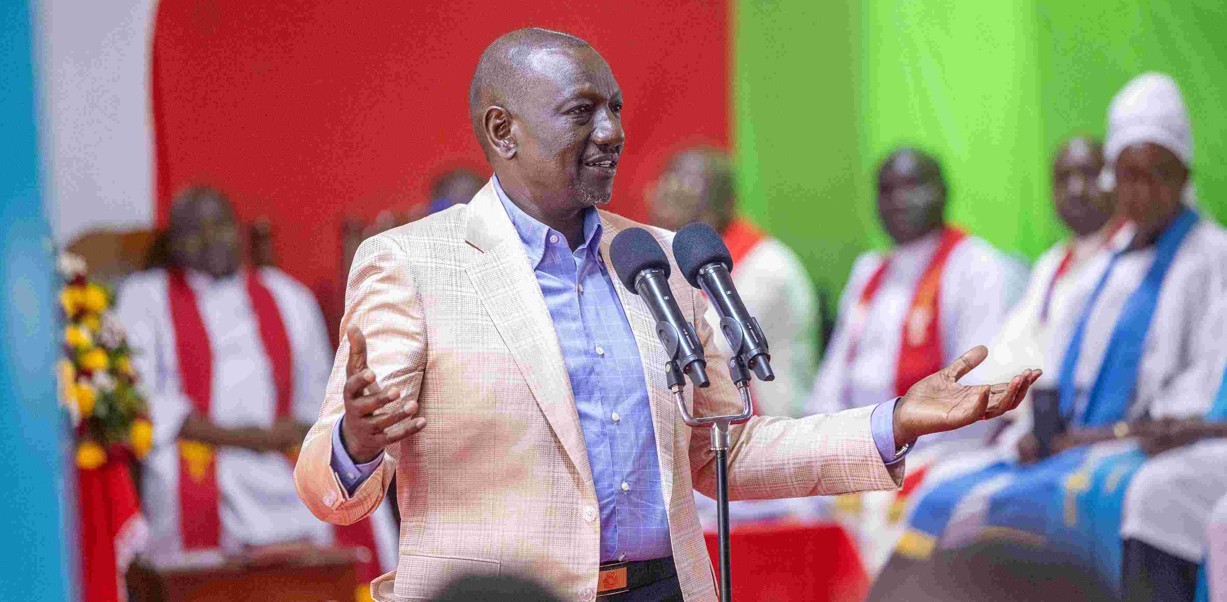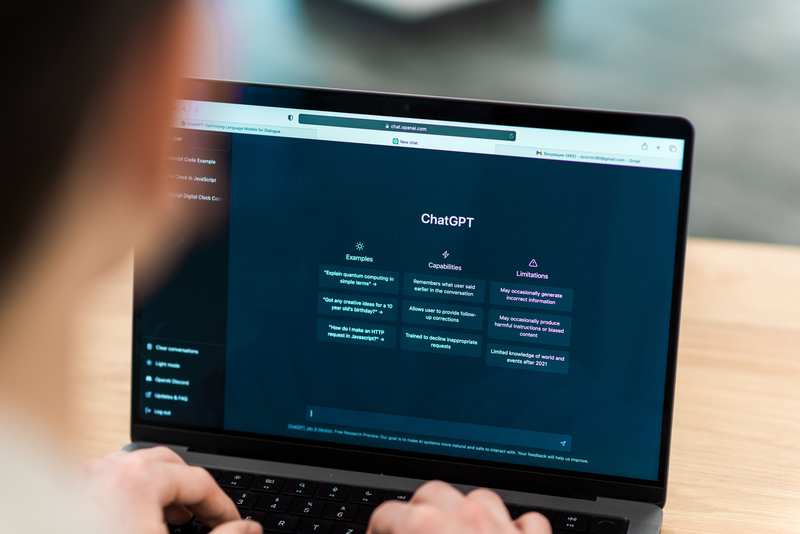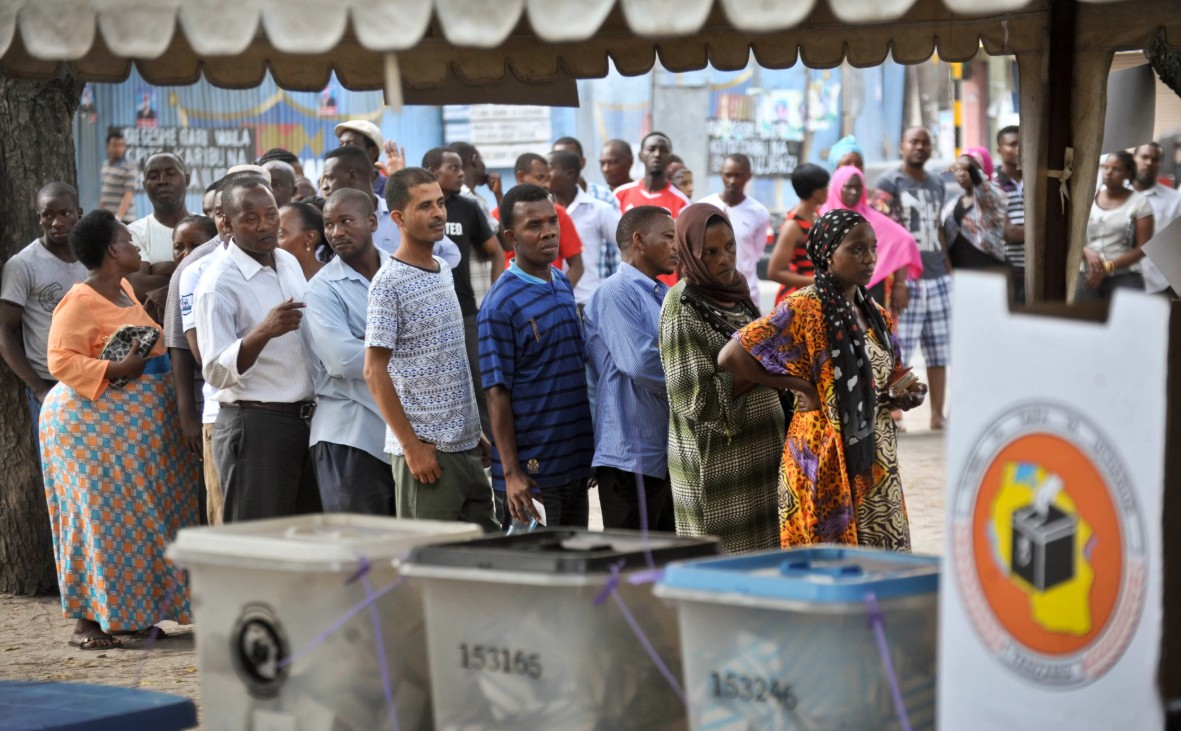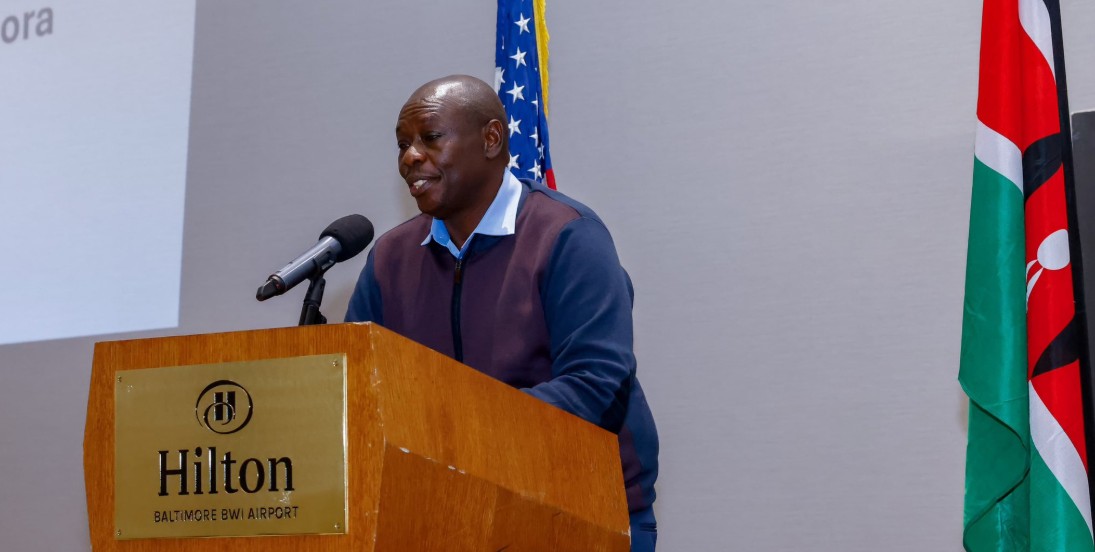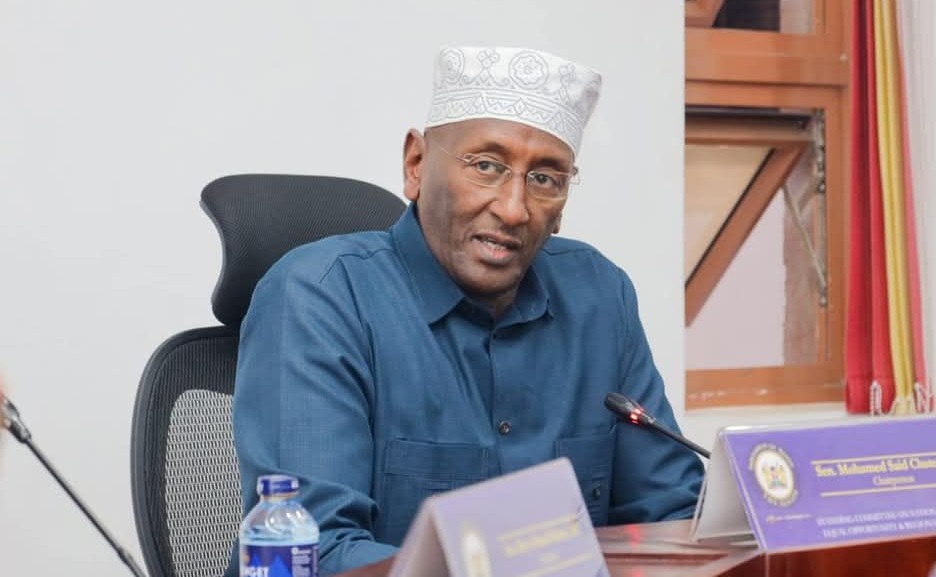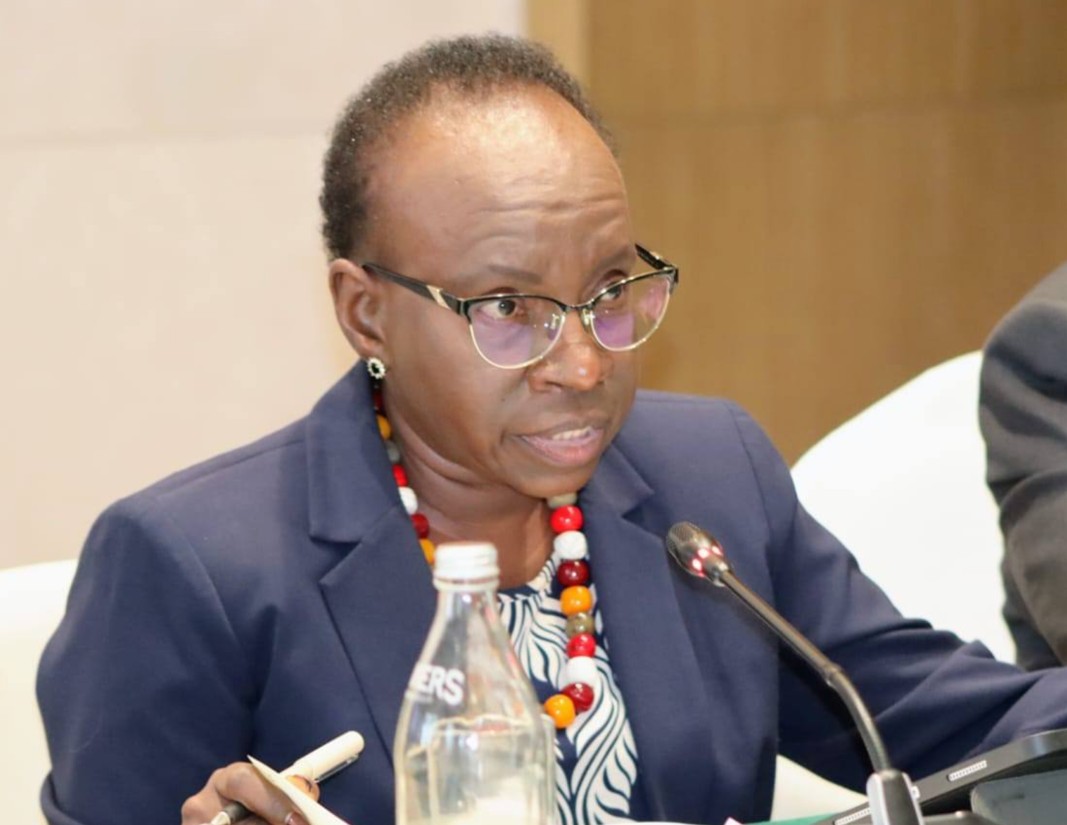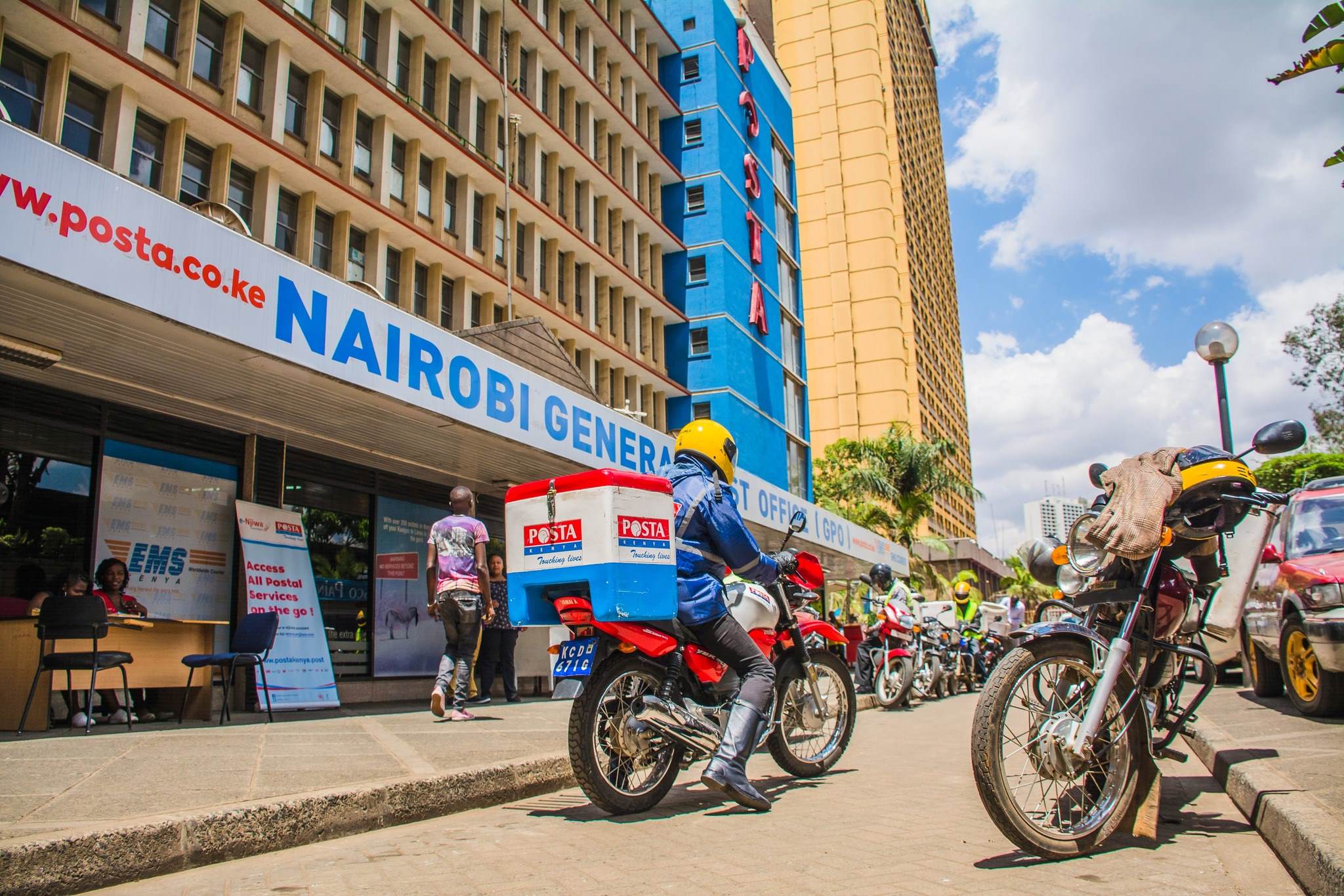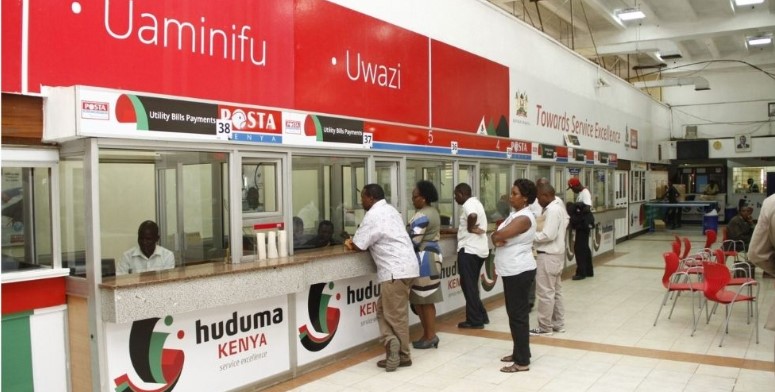KRA to overhaul customs system, fully automate cargo operations by 2026
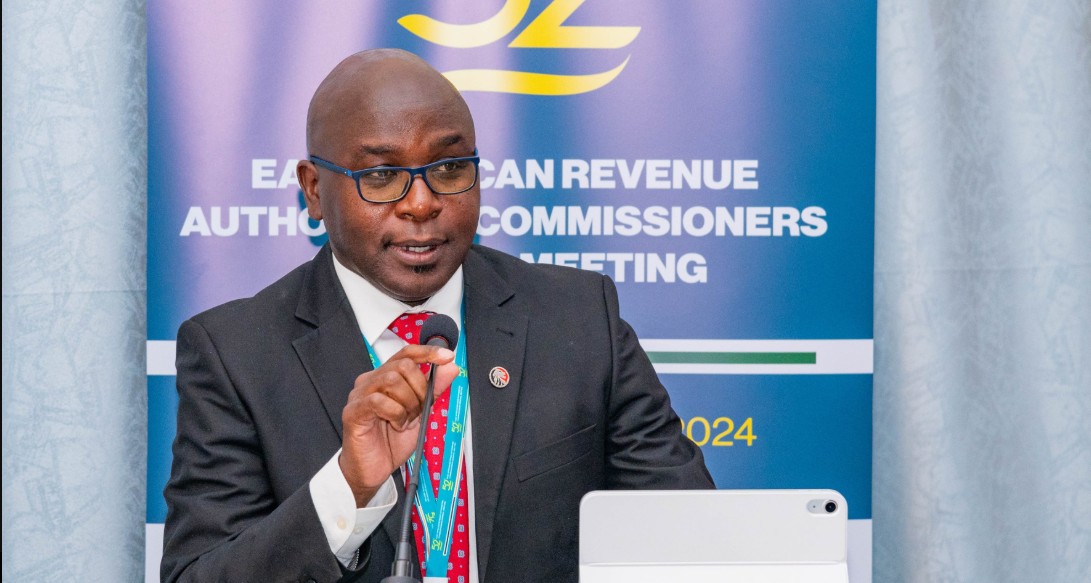
KRA Commissioner General Humphrey Wattanga said the system overhaul is part of the agency’s modernisation drive aimed at increasing efficiency in cargo handling and reducing delays.
The Kenya Revenue Authority has revealed it will carry out a major upgrade of its Integrated Customs Management System (iCMS) during the 2025/2026 financial year as it moves to fully automate cargo operations and integrate artificial intelligence in customs processes.
KRA Commissioner General Humphrey Wattanga said the system overhaul is part of the agency’s modernisation drive aimed at increasing efficiency in cargo handling and reducing delays.
More To Read
- Kenya sees sharpest decline in domestic excise revenue since Covid-19 pandemic, says KRA
- KRA surpasses revenue target, collects Sh2.57 trillion in FY 2024/25
- KRA extends tax filing deadline by one day after taxpayers faced technical hitches
- KRA waives Sh170 billion in fines as tax amnesty nears deadline
- KRA to deregister over 20,000 businesses for VAT non-compliance and tax evasion
- KRA yet to refund Sh904.9 million to NSSF nearly 30 years later, Auditor General reveals
“As part of our modernisation agenda, we plan a major upgrade of the iCMS in the financial year 2025/2026. This upgrade, which your members will interact with regularly, will be rolled out in phases to ensure minimal disruption. Furthermore, KRA is exploring the use of Artificial Intelligence to drive the next frontier in customs operations,” he said.
He made the remarks on Thursday during the launch of the Kenya International Freight and Warehousing Association (KIFWA) 2025–2030 strategic plan in Nairobi.
Wattanga said the changes are necessary to build smarter and more effective customs systems.
“The future of customs lies in smart systems, data-driven risk management, and fully automated processes,” he added.
The iCMS was introduced in October 2021 to provide a unified platform for customs operations after years of relying on fragmented systems.
It allows traders to submit export and import documents electronically through a single window, linking Kenya’s customs procedures to those of other East African Community countries.
The system has significantly reduced cargo clearance times by at least 60 per cent and requires sea manifests to be submitted 48 hours before vessels dock or depart.
KRA has already started piloting the use of artificial intelligence, machine learning, and data analytics to simplify tax operations and catch dishonest traders.
Top Stories Today
Reader Comments
Trending



